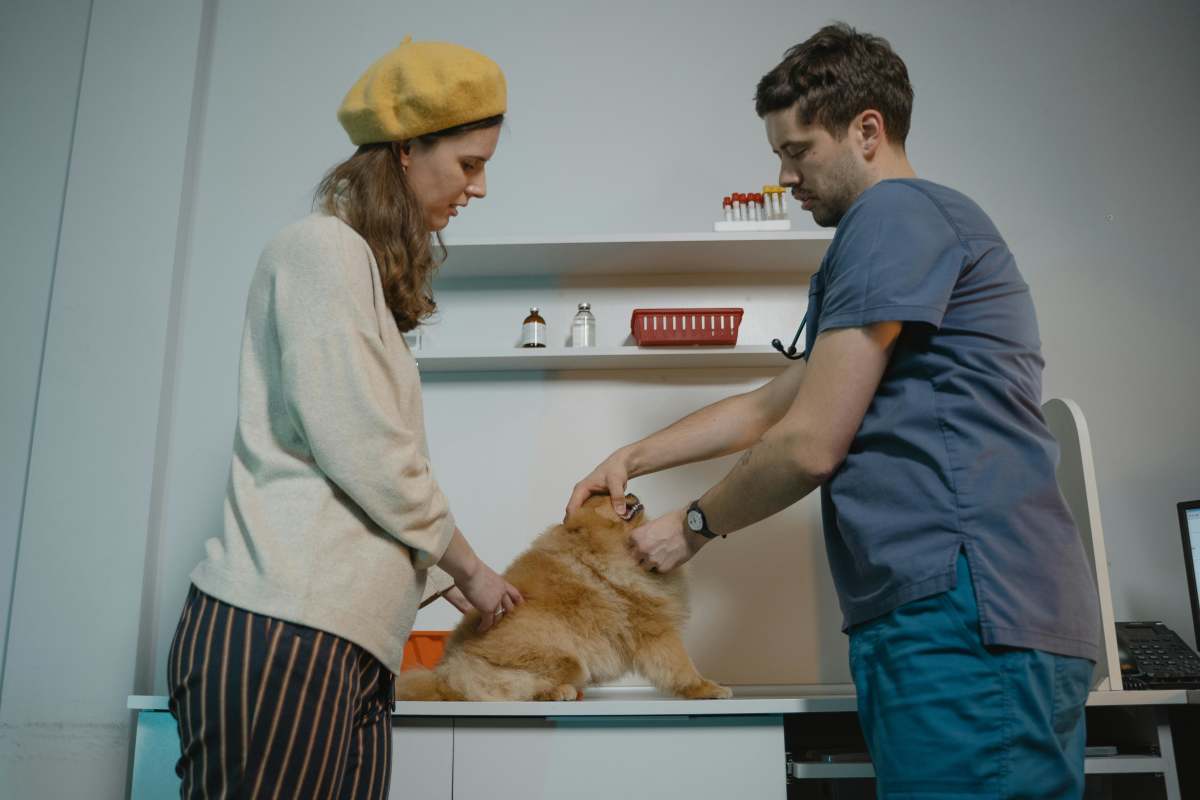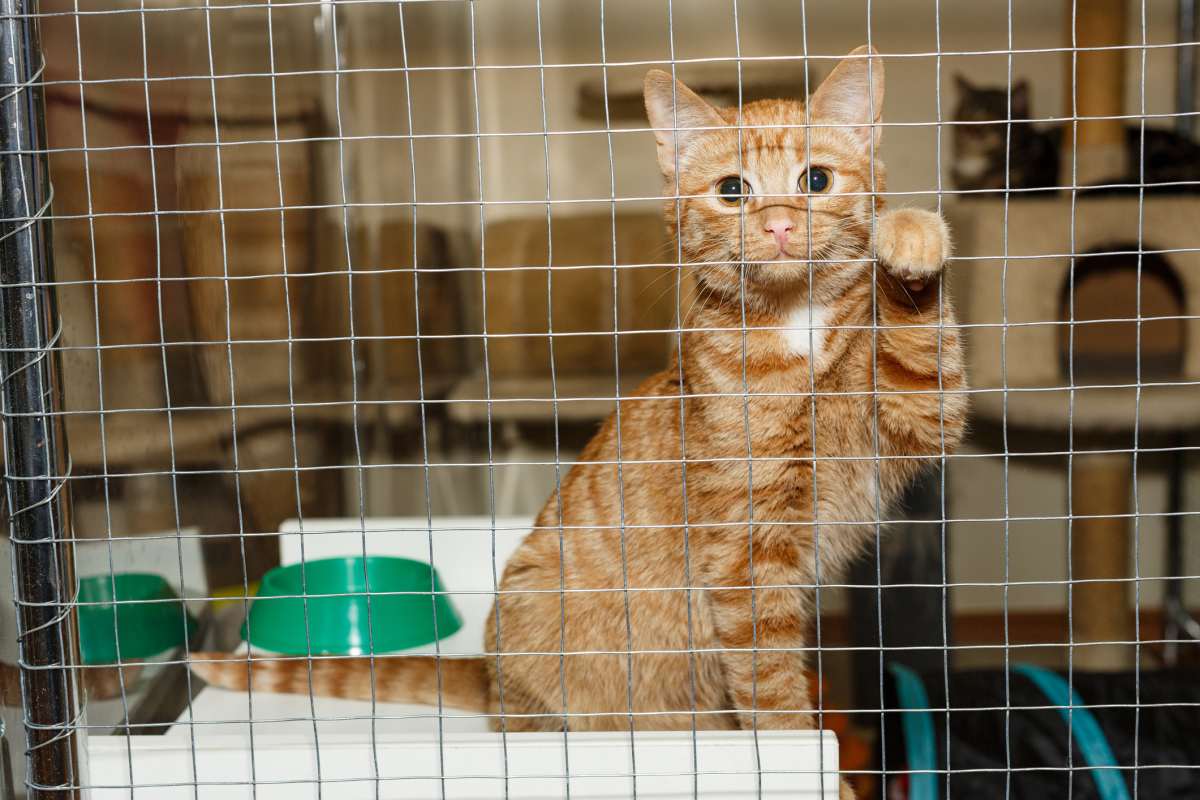Millennials own more pets than any other generation today - Gen Z didn’t even make the top three

Pet ownership in the US spans several generations, each with distinct attitudes and habits. Baby boomers and Gen X continue to be dedicated pet parents, while Gen Z shows a different relationship with pet ownership. Millennials, in particular, stand out for deeply integrating pets into their lives. Representing 33% of all US pet owners, according to Forbes, millennials have reshaped the traditional concept of pet ownership by making animals central to their lifestyle, routines, and even emotional well-being.

In addition to forming deep emotional connections, millennials lead all other generations in pet ownership, outpacing Gen X and baby boomers, and notably leaving Gen Z behind. For many millennials, pets provide a level of comfort and loyalty that surpasses even human relationships, including those with spouses. This generation’s unique bond with animals illustrates why pet ownership has evolved into a deeply personal and integrated part of their daily lives.
This emotional investment often translates into financial commitment. Millennials place a strong emphasis on meaningful living, often extending the same level of attention and care to their pets as they do to themselves. They also tend to invest in premium pet care, enhanced nutrition, and ongoing veterinary services, fueling a booming pet industry that saw U.S. spending surge to $136.8 billion in 2022, nearly 11% more than the prior year.

Meanwhile, Gen Xers, often balancing family and career responsibilities, also remain committed pet owners at 25%, while baby boomers account for 24%. Yet Gen Z, despite its reputation for being socially conscious and tech-savvy, has yet to significantly impact pet ownership numbers enough to break into the top three. Some experts speculate that factors such as delayed homeownership, urban living, and financial constraints might explain this lower pet ownership rate among younger adults.
These generational dynamics are also reshaping how people acquire pets. While 42% of dog owners and 43% of cat owners buy pets from stores, there's a growing movement toward rescue and adoption. This growing preference for rescue is reflected in many heartwarming stories. A touching example involves a woman who adopted a cat labeled "unadoptable" due to health and behavioral issues. With two years of patience and care, the cat transformed into a happy, healthy companion, showing how rescue can truly change lives. According to Shelter Animals Count, millennials and Gen Z are leading the charge for more ethical pet acquisition, with many embracing adoption and rescue efforts, potentially shaping future trends.

Pet insurance adoption remains low, with over 79% of owners lacking coverage despite concerns about costly vet bills. Millennials’ focus on health and wellness may boost insurance growth as veterinary costs rise. Their strong connection with pets is reshaping societal views on animals, reflecting broader cultural shifts in family and companionship. As Gen Z matures, their evolving relationship with pets will be key to the future of pet ownership.